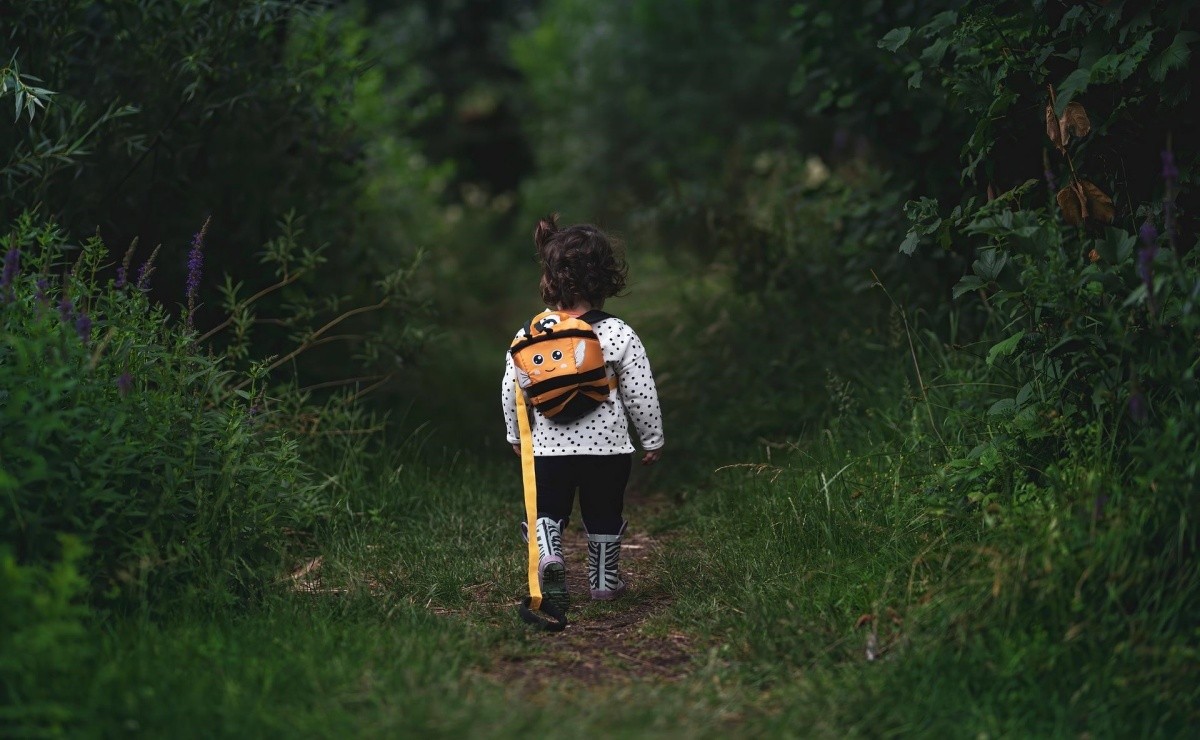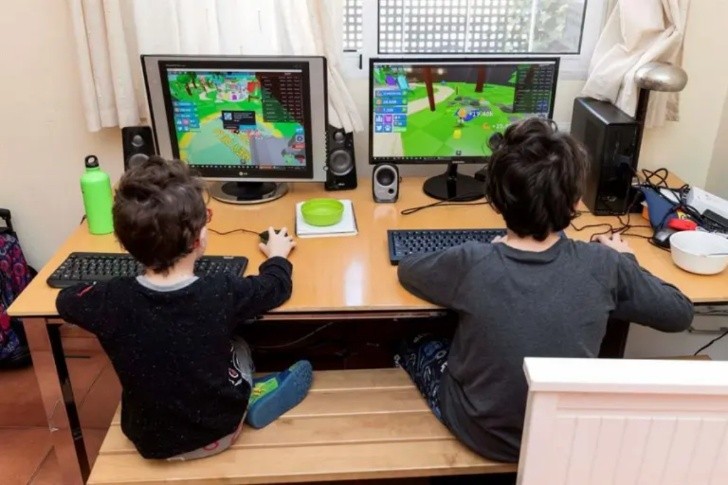
20% of Spanish children have difficulty sleeping throughout their development. Reducing physical activity and not using screens before bedtime are some guidelines from pediatricians to improve sleep in children
Around 20% of Spanish children have sleep difficulties throughout their development, that is, problems starting or staying asleep at night.
In sleep, the circadian system and the homeostatic system are endogenous regulators that interact to promote sleep after a period of wakefulness and in synchrony with the decrease in light. Precisely, light is a primary factor in adjusting the body’s circadian sleep system. However, there are external factors that consolidate the child’s sleep pattern.
According to the Spanish Sleep Society, the establishment of sleep habits and routines is a significant aspect to achieve better sleep, fewer night awakenings and an increase in sleep duration.
sleep hygiene in children
This sleep routine before going to bed is what is known as "sleep hygiene" and covers 24 hours a day.

This consists of "a series of healthy habits that must be followed throughout the day", as explained by Dr. Gonzalo Pin Arboledas, coordinator of the Sleep and Chronobiology Group of the Spanish Association of Pediatrics (AEP) during the 68th congress of this medical society.
According to the expert, “we don’t have to focus only on what we should do at night” because “sleep hygiene is a series of healthy habits throughout the day”.
“It is important to increase the contrast between what is day and what is night: light and activity versus darkness and deactivation. The more contrast there is between one and the other, the better we sleep; not only children, but adults too”, he points out.
The pediatrician proposes some guidelines to improve the quality of sleep in children such as:
Expose children to natural light in the early morning hours
Go to school on foot or by bicycle to get active
Reduce physical activity three hours before going to sleep
Don’t use screens two hours before bed
Follow regular meal times and do it for a while before going to bed (chrononutrition)
sleep-children-technology
Exposure to digital screens before bed can make it difficult for children to sleep. EFE/Marcial Guillen
How much should children sleep at each stage?
Sleep is of vital importance for the development of human beings, although the needs vary throughout life. A newborn usually sleeps an average of 17 hours, while in a 70-year-old it becomes five or six.
In this way, a child with 24 months should have spent 13 sleeping and in adolescence, 50% of his life.
Dr. Pin points out that “the greater the speed of neurocognitive and physical development, the greater the need for sleep. It is a restorative treatment”.
For this reason, during the first six months of life we should not, in general, talk about children with insomnia or sleeping difficulties.
“In this stage they have moments of activity and rest every 2-4 hours during the day and night (ultradian rhythm). Families do not need to worry that babies do not sleep continuously. We should not create a medical problem out of something that is an evolutionary process,” says Pin.
In the same way, the problems that prevent children from sleeping systematically for less time than necessary cannot be ignored.
The expert recalls that "chronic insomnia can cause alterations in neurocognitive development and end up leading to metabolic syndrome problems."
How should sleep be in children under 5 years of age?
In the development of the person, sleep is a primary factor. Children under 5 years of age spend most of their time sleeping, although the hours required vary at each stage.
The World Health Organization (WHO) establishes that infants under one year of age should sleep between 14 and 17 hours until 3 months of age and between 12 and 16 hours until 11 months of age.
As for children up to 2 years old, their sleep hours should be between 11 to 14 hours, with regular times for sleeping and waking up.
Finally, children up to 4 years old need to get 10 to 13 hours of quality sleep on a regular schedule to wake up and go to sleep.
Main sleep disorders in children
In childhood, the main sleep disorders are snoring, which affects 10% of children (and in 2% of cases is a symptom of obstructive sleep apnea syndrome) and restless legs syndrome, which makes it difficult for 2% of the child population to fall asleep.
However, circadian rhythm disorders are one of the most common problems in consultations today.
These derive from the incompatibility of today’s social rhythms with the biological rhythms of minors.
For Dr. Gonzalo Pin, "every time we see more children who have a delay in the onset of nocturnal melatonin secretion or, on the contrary, an early onset of this secretion."
Impact on school performance
Sleep, along with physical exercise and nutrition, is one of the pillars of a healthy life, since it is essential for the child’s neurocognitive development.
According to a study carried out in the Valencian Community, it is estimated that almost one in four boys and girls of school age go to class having slept fewer hours than recommended for their age.
In this regard, the expert points out that the chronic deficit of the circadian rhythm "leaves a mark" on the health of minors for the future.
"We know that many of the problems of metabolic origin (diabetes, hypertension, etc.) that are diagnosed in adulthood begin to take shape in childhood," explains Pin.
In addition, lack of sleep also has a direct impact on school performance, since they are "intimately linked", according to the doctor.
Pin establishes that sleep deficit conditions learning capacity both during the day and at night.
“With fewer hours of sleep, the percentage of REM sleep is also lower, and this is the phase of sleep in which the child will fix the memory. In addition, during wakefulness, a chronic sleep deficit makes it difficult for the child to maintain attention continuously”, concludes the pediatrician.